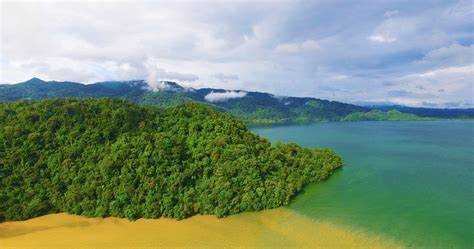
Jamaica and the Dominican Republic are expected to benefit from a 1.1 million dollar grant under the Critical Ecosystem Partnership Fund (CEPF).
The grants are expected to support practical action projects that will strengthen the protection and management of globally important biodiversity in Jamaica and the Dominican Republic.
“The grant to C-CAM in Jamaica will support the preparation of a five-year management and zoning plan for the Portland Bight Protected Area (PBPA) along with the implementation of the national conservation plan for the critically endangered Jamaican Hutia and the elaboration of conservation action plans for other endangered endemic plant and animal species,” according to a statement released Wednesday.
In the Dominican Republic, the FJDG will work on an ecological restoration program for the Juan Bautista Pérez Rancier National Park, more commonly known as the Valle Nuevo National Park, in coordination with the Ministry of Environment and Natural Resources.
It will also prepare conservation action plans for four highly threatened endemic species, including the Hispaniolan solenodon and the Green Swallow.
“Given the importance of community support for the management of the park, the project includes an ecotourism component to ensure communities will benefit from the park’s conservation. SOH Conservación will strengthen the management of the Sierra de Bahoruco and Bahoruco Oriental protected areas and their buffer zones to mitigate threats. It will also build management capacity, develop bird-friendly coffee demonstration plots and promote ecotourism, as well as prepare and implement species conservation action plans and establish a stakeholder management committee and community extension,” the statement said.
de la Selle – Sierra de Bahoruco – Hoya de Enriquillo Basin Binational Corridor. IUCN will also build the
the capacity of local botanists by supporting field surveys, conducting planning and training for Red List assessments.
Under its current investment in the Caribbean, which will go until July 2026, CEPF is awarding grants to strengthen Caribbean CSOs and support their efforts to reduce threats to 32 Key Biodiversity Areas in seven countries: Antigua and Barbuda, The Bahamas, Dominican Republic, Haiti, Jamaica, Saint Lucia, Saint Vincent, and the Grenadines.
The work of the CEPF in the Caribbean is supported by a Regional Implementation Team at the Caribbean Natural Resources Institute (CANARI), a regional technical organization headquartered in Trinidad and Tobago.


















0 Comments